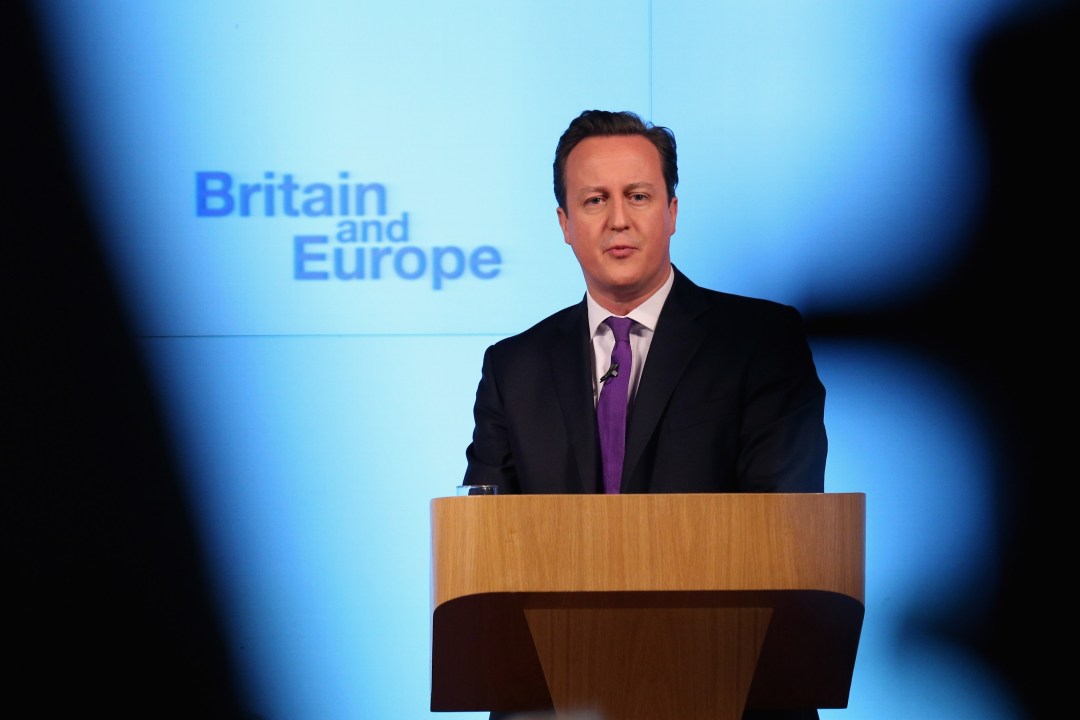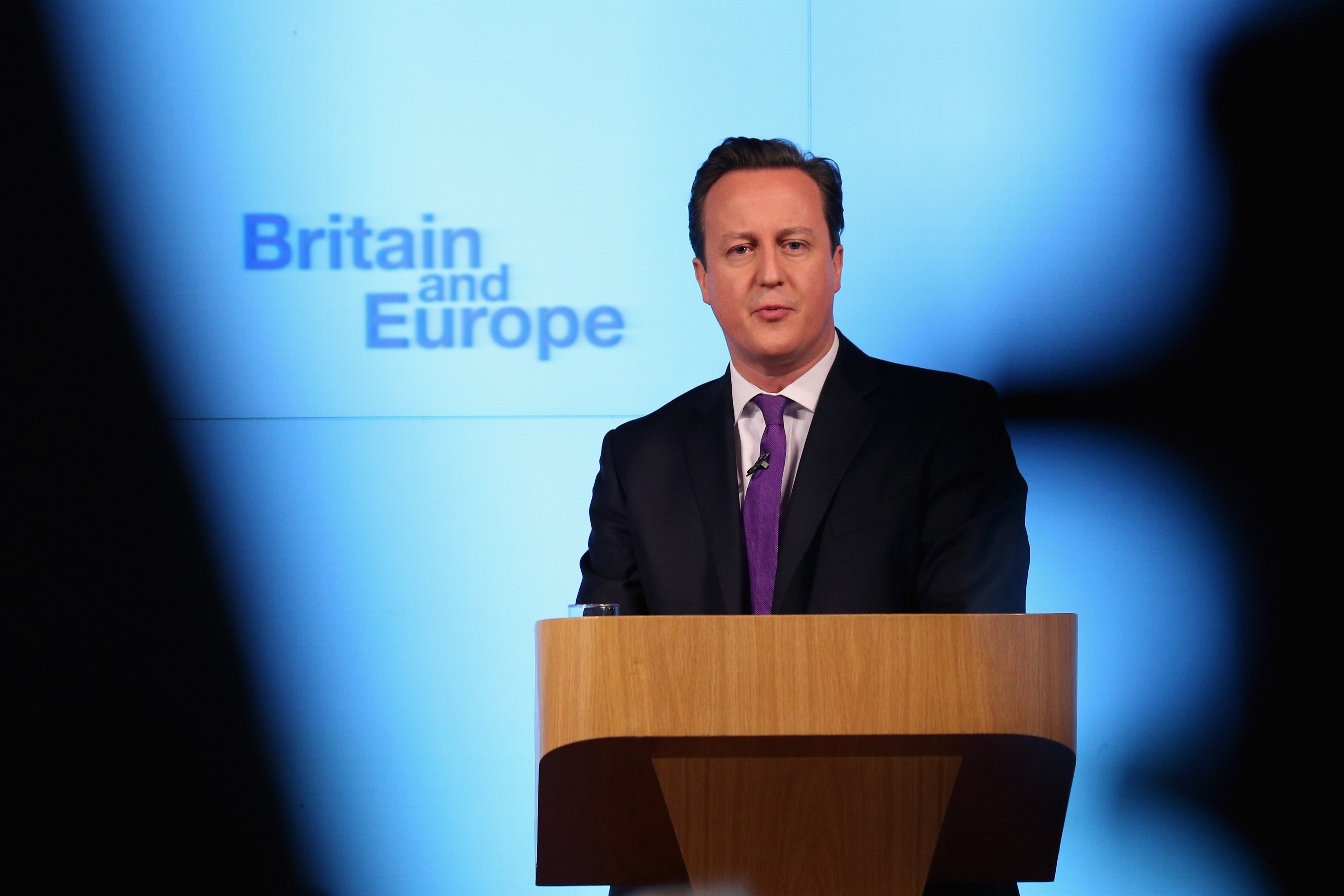Labour has supported David Cameron’s attempt to block Jean-Claude Juncker as president of the European Commission, but that hasn’t stopped it getting a little pre-emptive attack in today as the Prime Minister prepares for failure at the European Council. Douglas Alexander argued this morning that ‘there was an alliance that was to be built, but alas it appears that the Prime Minister so badly misjudged his tactics and his strategy that that’s not going to be the outcome in the next 24 hours’. At Business Statement in the Commons today, Angela Eagle joked:
‘Two weeks ago, the Prime Minister sent the England football team a recorded good luck message, and jet over a week later, the team crashed out of the World cup. With the European Council upon us and the appointment of Jean-Claude Juncker looking increasingly inevitable, may I suggest one last desperate tactic that the Prime Minister could use to stop him? Forget about the Luxembourg compromise; the Prime Minister should send him a good luck message.’
The purpose of both these comments – one serious and one witty – is to show that the Prime Minister is a poor negotiator and that it’s not the recalcitrance of European leaders that’s led to Juncker looking like the inevitable victor, but the poor skills of the Prime Minister. Labour has a point here, and it’s one underlined by the leaked Polish tapes: Cameron does not always read other leaders particularly well, or woo them particularly impressively. Alexander wants to suggest that the Juncker incident is indicative of Cameron’s personal inability, and that this personal inability will naturally hamper the renegotiation of Britain’s relationship with Europe.
Cameron’s response this afternoon has been to argue that by pursuing his point about the principle of appointing Juncker, he’s keeping to his word. He said:
‘People need to know that with me, when I say I’m going to do something in Europe, I’ll do it. When I said I was going to cut the European budget, I did. I said I would veto a treaty if I was unhappy with it, I did, and I said I would oppose this and insist on a vote and I will. I’m completely unapologetic about standing up for an important principle in Europe, which is that the elected heads of government should make these choices, and I’m also unapologetic about the need for people that can carry forward badly-needed reform in Europe. There will be a vote tomorrow, we’ll see the outcome of that vote, but it’s absolutely vital that people know with me you get what I say I’m going to do in Europe.’
Cameron is hinting at a more pressing concern here, which is that voters don’t even believe that he is going to make good his promise of a renegotiation and a referendum (see the Sun today for more on that). He needs to convince them that he won’t flip-flop on the referendum pledge after the General Election, and is to a certain extent helped by the refusal of Labour and (at present at least) the Lib Dems to promise a referendum. If the other parties were promising plebiscites too, then the debate would be as much about who would be the best at renegotiating Britain’s relationship with Europe, rather than who will do it.








Comments